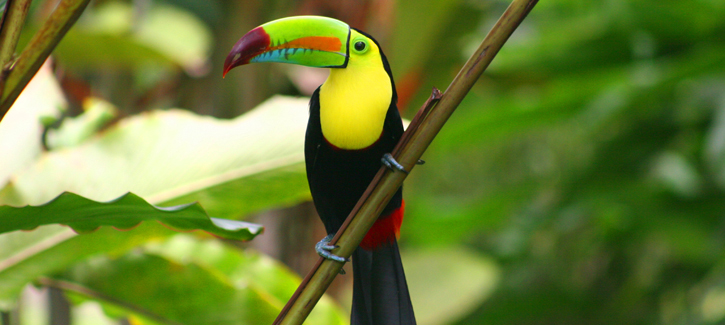
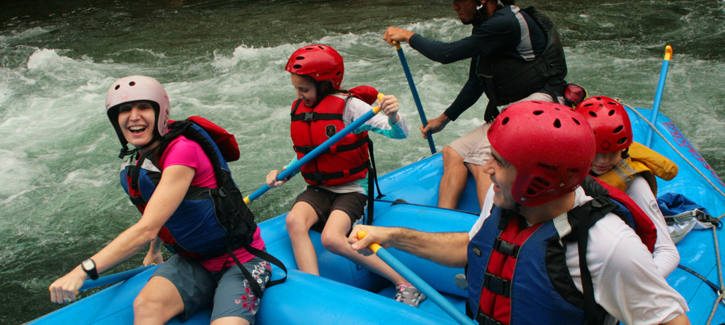

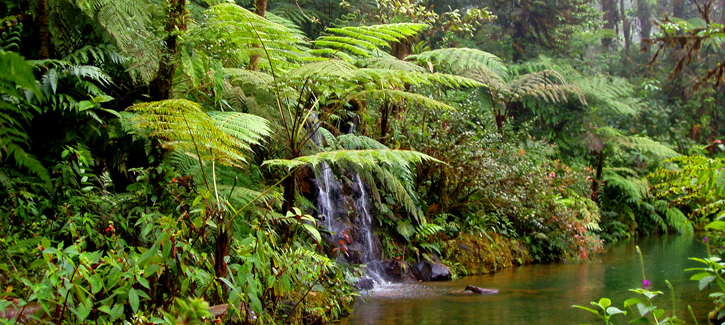
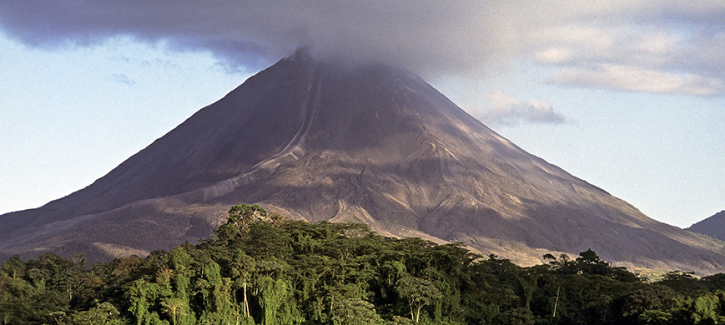
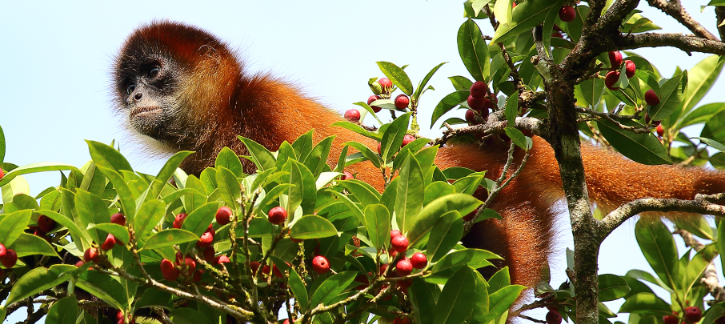
Click here if you are still deciding
The rental company will not give you the car unless you have the following:
The minimum age for renting a car from Adobe is 23 years old, other companies vary; Europcar and Toyota, for instance, have a minimum age of 21 but this may imply extra insurance costs.
Check that you have the proper documents with you before you leave your house.
Picking up your rental car:
Most car rental agencies offer a meet and greet service at the airport if you provide exact flight details. If you choose to use it then you will have to send them your flight information, and they will send an agency representative to wait for you at the external arrival gates of the airport (after customs). If you choose not to, you can inquire at the airport desks on how to get a shuttle to the agency.
In the San Jose International Airport these are located after customs but before you step outside the airport. You will see a line of booths for the various agencies just before the doors to the outside.
In the Liberia International Airport desks for Avis, Budget and Economy are located in the customs area. If you have rented through us, someone will be waiting for you at the terminal exit to take you by shuttle to Adobe´s office. If you have not rented through us we recommend you talk to your agency and define how you will pick up your car, before you leave home.
Another option is for us to arrange assistance for you once you pass customs and immigration.
If you are receiving your rental car at a later point in your trip then you have most likely worked out the details with your Travel Planner. If not or if you are unsure, please make sure to ask them.
About The Deposit
The deposit mentioned above depends on the type of car rented. Generally, for a basic car it is $1,500 US Dollars and for an SUV $2,000. This amount is charged to your card but placed on a hold. The charge is removed upon the conclusion of your rental, provided that no damage has been done to the car.
Insurance
You will have to decide if you want to purchase anything beyond the basic insurance. You will be provided with various options and again it will depend on the agency.
If you are renting from a different agency the insurance will almost certainly be different. You can probably find information on the company’s website.
The following is our interpretation and does not in any way represent a legal agreement. You should be sure to carefully read your insurance conditions before leaving the rental agency.
Coverage exclusions
You will not be covered by your insurance if an incident occurs under any of the following conditions:
You will also lose your coverage if:
If you get in an accident you can also contact us, and we can contact the agency for you.
For information on how to get in touch with us click here. Also see the numbers displayed on the side of this page.
Add ons:
Additional add ons you may be interested in could include:
Automatic vs. Manual:
Most cars on the road in Costa Rica are manual (stick shift), if you need or want an automatic car the rental agency will provide it at no additional cost. It is always good to specify. If that does not appear to be the case when you arrive then request that they change you to one. Do not drive off the lot in a manual car if you are uncomfortable operating one.
On the Road:
Traffic laws adhere to the same common sense rules as in any other country: respect the speed limit, put your baby in a car seat, pass only with a dotted line etc. The difference is in the respect people accord to those laws, which as we have mentioned elsewhere is much lower.
During your trip you may be stopped by police; there are often checkpoints, where they solely wish to review your papers. Make sure to keep your passport, license and rental agreement handy, in the same manner you would keep license and registration available when driving in your own country. If you do get stopped by a traffic officer, and you were speeding or violating the law and you receive a ticket, you should call Costa Rica Expeditions as soon as you can.
You can get in touch with us using any of the numbers listed on the side of this site.
We can inform the rental agency and advise you on how and when to pay it. If you choose not to call us, be sure to call your rental agency, you are required to do so. You will also have to pay any fines incurred by traffic violations whenever you return the car.
Drunk Driving (DUI) in Costa Rica
If you are charged with drunk driving you will be charged with a felony. This means that anyone caught driving drunk will be processed in the same way as someone who has committed a crime such as robbery. Besides facing charges of up to three years in prison, there will be the immediate confiscation of the vehicle and the payment of fines. Under the law, any person, caught driving with more than 0.75 ml of alcohol per liter of blood is considered drunk.
Based on this scenario, rental car companies are taking measures to protect themselves if a driver is detained for driving under the influence. These measures may include you incurring: all costs incurred if the rental car is confiscated; revocation of vehicle; and payment of fines in addition to legal and other fees.
Parking:
In Costa Rica when you park there will often be someone acting as a guard. He/she may be an official hired by the community or the hotel where you are parking. They may also be an individual who has simply opened up shop as the self appointed “guard” of a certain street or beachside. Despite their unofficial nature, it is very wise to tip these individuals, in order to ensure the security of your car. They will probably ask for some amount of money up front, normally around 1,000 Colones (2 US Dollars) which we recommend paying.
Hitchhikers:
Do not pick them up. If you wouldn’t do it at home, don´t do it here.
↑ Back to Top